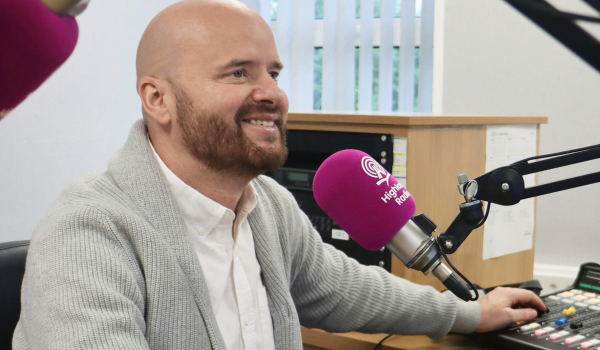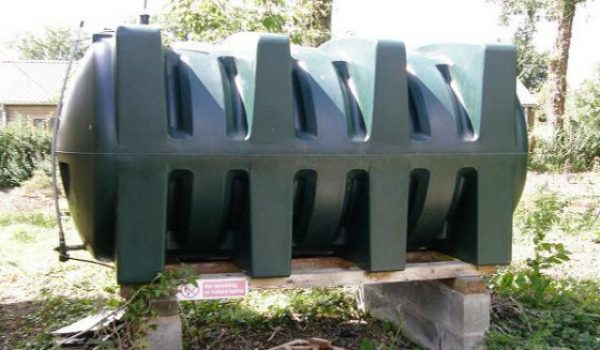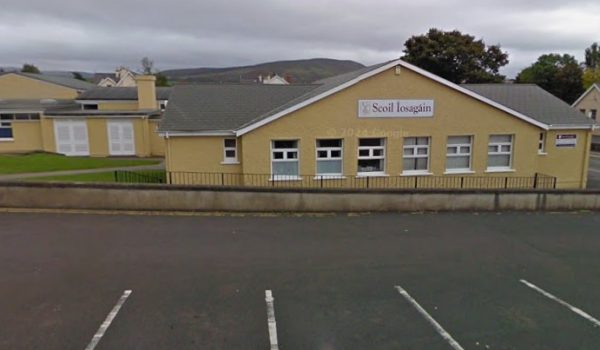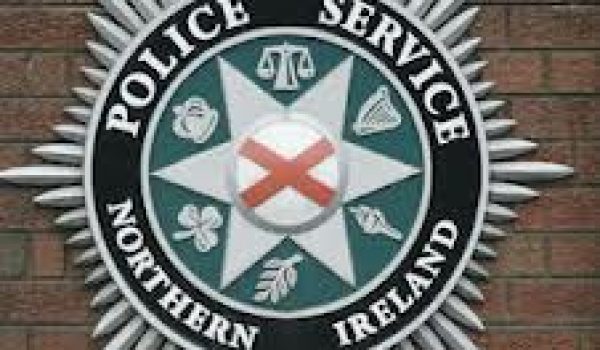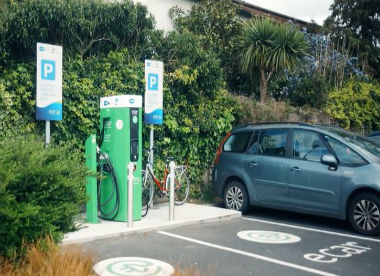
Donegal County Council says it will work has not will continue to work with Zero Emission Vehicles Ireland, other local authorities and agencies, and the private sector to ensure the government’s strategy of promoting Electric Vehicles is implemented locally.
However, the council hasn’t applied for any grants under a new scheme, as the potential installation costs and other expenses incurred by the council could be considerable.
The government recently published an Electric Vehicles Charging Infrastructure Strategy which will see €100 million spent on public charging infrastructure over the next three years.
Answering questions from Cllr Albert Doherty, Roads Director Bryan Cannon said while 80% of charging at present is done at home, there will be more demand for charging infrastructure for electric cars as EV uptake increases.
He said the council is involved in the FASTER Project, a joint initiative by partners in Scotland, Ireland and Northern Ireland, under which INTERREG funding will be used to deliver two fast charge demonstration sites in Ballybofey and Buncrana
Mr Cannon added that the Department of Transport has established a new agency, Zero Emission Vehicles Ireland, under which 75% grants for EV Public Charge Points are available. However, he warned were it to become involved in a project, the Council would have to cofund a significant amount over and above the grant.
So far, the council has not availed of this initiative.
***************
Reply in full –
Has Donegal County applied and signed up to the Electric Vehicle on street public
charges scheme? (2019) or will DCC apply and sign up to the scheme and is Donegal County Council
pursuing the provision of mobility and/or fast charging hubs for Electrical Vehicles and if so at what
locations in the County?”
BRYAN CANNON
The new Electric Vehicles Charging Infrastructure Strategy 2022 – 2025, which will see €100 million
spent on public charging infrastructure over the next three years was launched on the 19th January
2023. The strategy presents an ambitious pathway and practical steps for delivery of a national EV
charging network consisting of home/apartment charging, residential neighbourhood charging (including
new mobility hubs), destination charging and en-route charging. An accompanying implementation plan
sets out a road map for the delivery of Ireland’s EV charging infrastructure over the next 3 years,
assuring car users of the feasibility of switching to an EV, and enabling Ireland to meet our national
carbon reduction targets. The new strategy takes a people-first approach, focusing on seven user
groups (or personas) illustrating different transport needs across different parts of the country both rural
and urban, or in different housing types, for example. It then follows an individual’s journey from the
planning stages to their return home, mirroring the needs of real people and groups. The strategy gives
an insight into practical infrastructure adjustments that will make their EV driving experience easier.
Currently, the majority of EV charging (c.80%) is done at home, and access to and installation of home
charging infrastructure is relatively well established. The focus of the Strategy is the provision of publicly
funded charging infrastructure for electric cars and light-duty vehicles, the demand for which will grow
as EV uptake increases. The DoT has established a new agency, ZEVI (Zero Emission Vehicles Ireland)
to co-ordinate the transition to decarbonised transport. One of the key deliverables from a local authority
perspective is the development of network charging plans and guidance on charging infrastructure. ZEVI
plans to deliver these during 2023. Donegal County Council is an Associate Project Partner in the
FASTER Project. The FASTER Project is a joint initiative by partners in Scotland, Ireland and Northern
Ireland to support the overarching ambition to transition to low carbon transport systems. It is funded
under the INTERREG Programme. This programme will deliver two fast charge (minimum 50kW)
demonstration sites in Ballybofey and Buncrana which it is hoped will develop a template for similar
facilities elsewhere. The current EV Public Charge Point Grant provides up to 75% of the capital cost of
the installation of a charger with a cap of €5,000 for a single charger or €10,000 for a double charger.
The estimated cost for an installation varies significantly depending on a range of factors including the
cost of the electricity connection, civil works, etc , however, it is expected the Council would have to cofund
a significant amount over and above the grant. The type of chargers supported under the scheme
are up to 23kW which are generally used in longer stay locations. Donegal County Council has not
availed of this grant to date. Donegal County Council will continue to work with ZEVI, other local
authorities, other stakeholders and the private sector to ensure the strategy is implemented locally.
